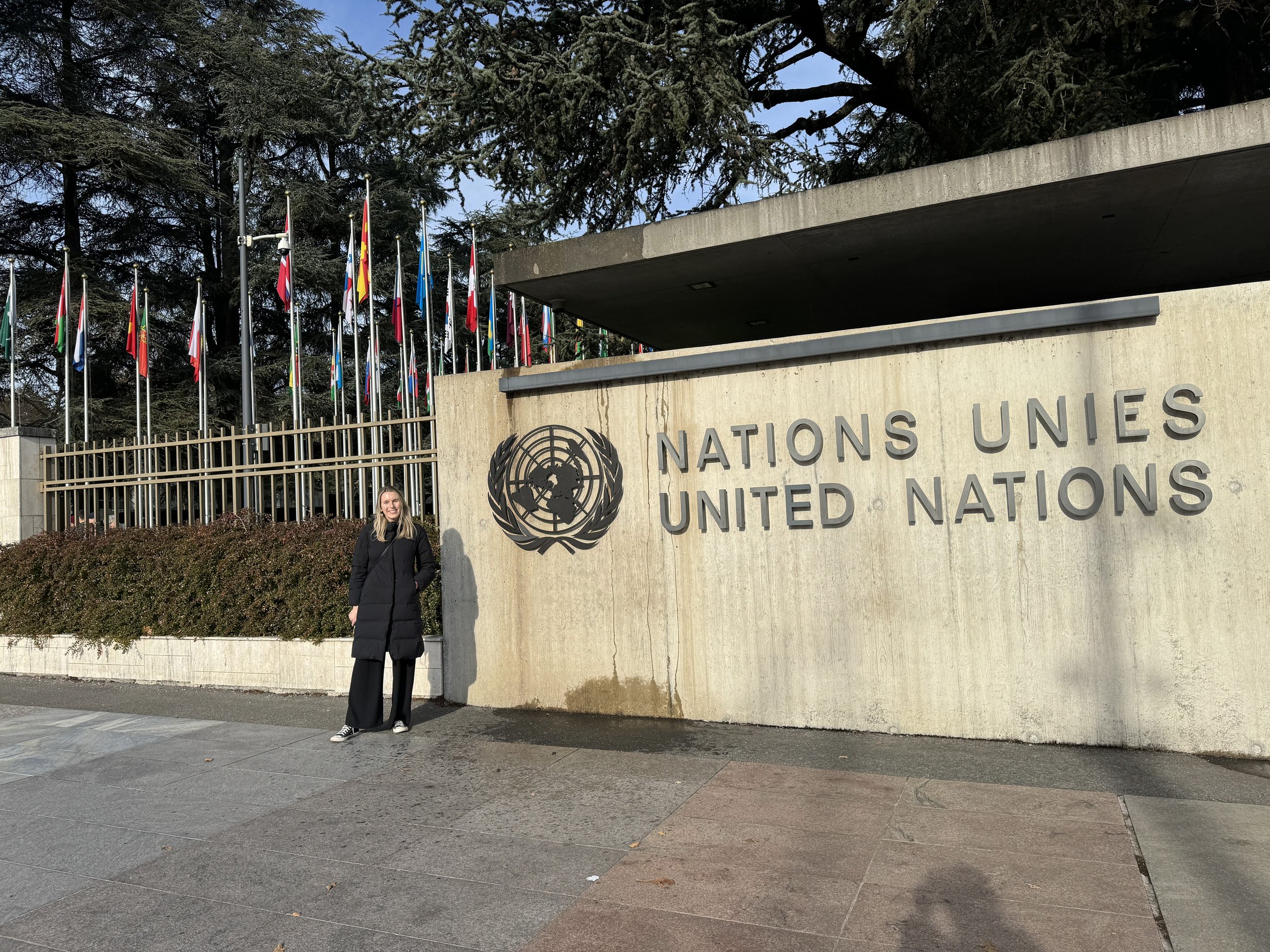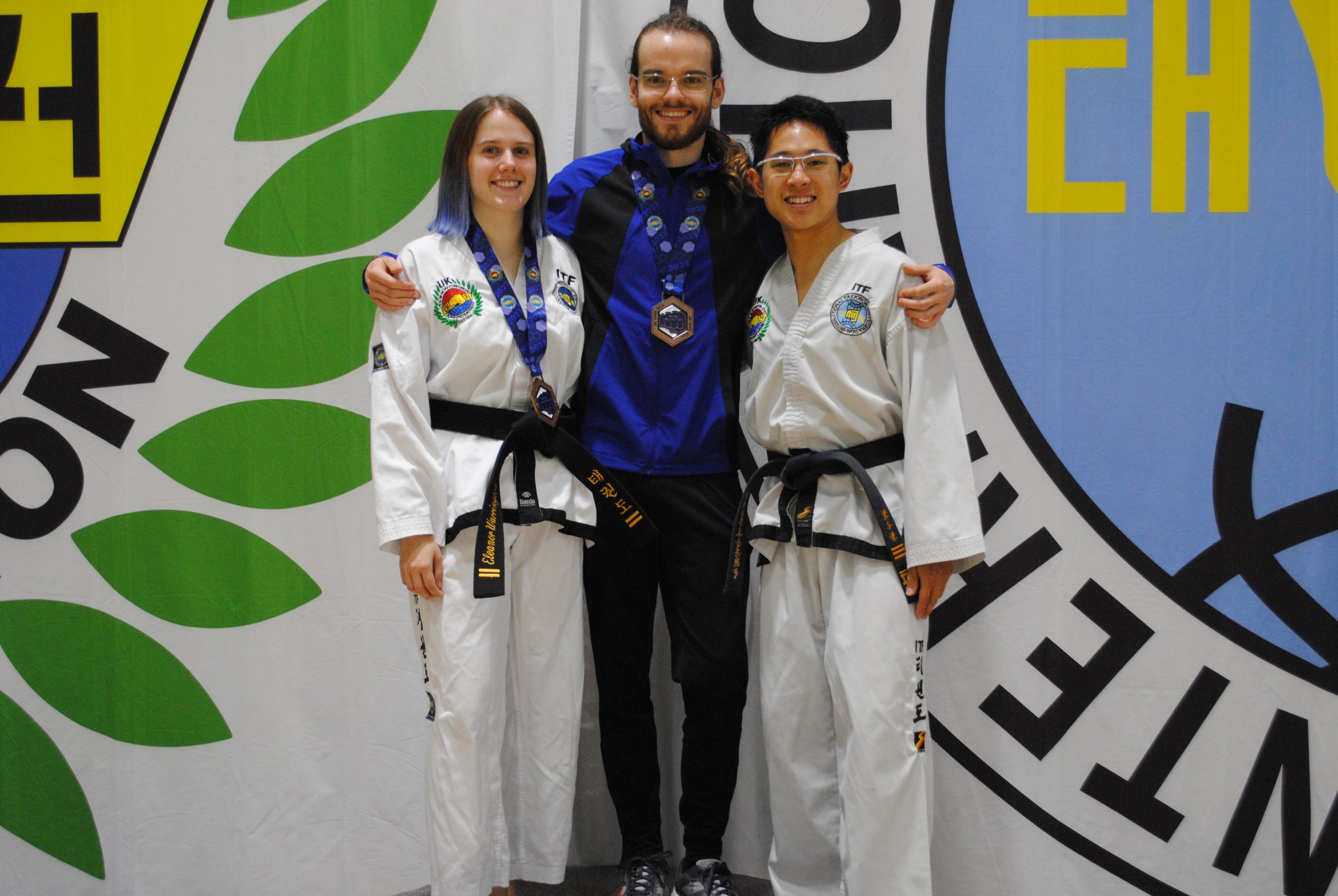KA Featured Report | Ruby Wood
DPhil Ruby Wood presenting at the 26th International Conference on Medical Image Computing and Computer Assisted Intervention (MICCAI).
Ruby Wood (2020 DPhil Health Data Science) writes:
Earlier this year, my research paper was accepted by the 26th International Conference on Medical Image Computing and Computer Assisted Intervention (MICCAI), despite an acceptance rate of only ~30%. Not only was my paper accepted for publication as part of the conference proceedings, but it was also selected for a prestigious oral presentation at the conference, on top of the standard poster presentation for all accepted papers.
Thanks to the Keble Association Study Grant, I was able to attend this conference in Vancouver to present my research, both in poster and oral format. This gave me the opportunity to share and discuss with others, which provided me with some valuable insights and will no doubt guide the future direction of my work. In addition, Vancouver was absolutely beautiful!
Thanks to the Keble Association Study Grant, I was able to attend this conference in Vancouver to present my research, both in poster and oral format
I am now a final year DPhil student at Keble College, based in the Big Data Institute (up the hill) in the Health Data Science Centre for Doctoral Training (CDT). My research is on Artificial Intelligence (AI) for medical imaging, specifically looking into how we can predict a colorectal cancer patient’s response to radiotherapy treatment from digital images of their pre-treatment tissue biopsy, using deep learning to do so. Using AI in this situation can help avoid the need for expensive gene sequencing, by using the routinely taken biopsy to help guide patient treatment. This work will hopefully one day inform patient stratification in clinical trials, as well as potentially aiding clinicians in making cancer patient treatment decisions.
At the MICCAI conference, I presented our approach, which focuses on contextualising these ‘black box’ model predictions, providing some level of understanding and interpretability into our AI model. We do this by predicting and visualising other informative factors related to colorectal cancer across the heterogenous tissue sample, which both oncologists and pathologists will understand, therefore aiding communication between specialist clinicians.
For my talk, I had the largest audience I have ever had, which, of course, made me a little nervous, but mostly endowed in me a sense of excitement at this wonderful opportunity to share my research with colleagues from across the world. For the talk, Women in MICCAI gave me an Honourable Mention for the Best Oral Presentation award, so a successful conference all round I would say.






